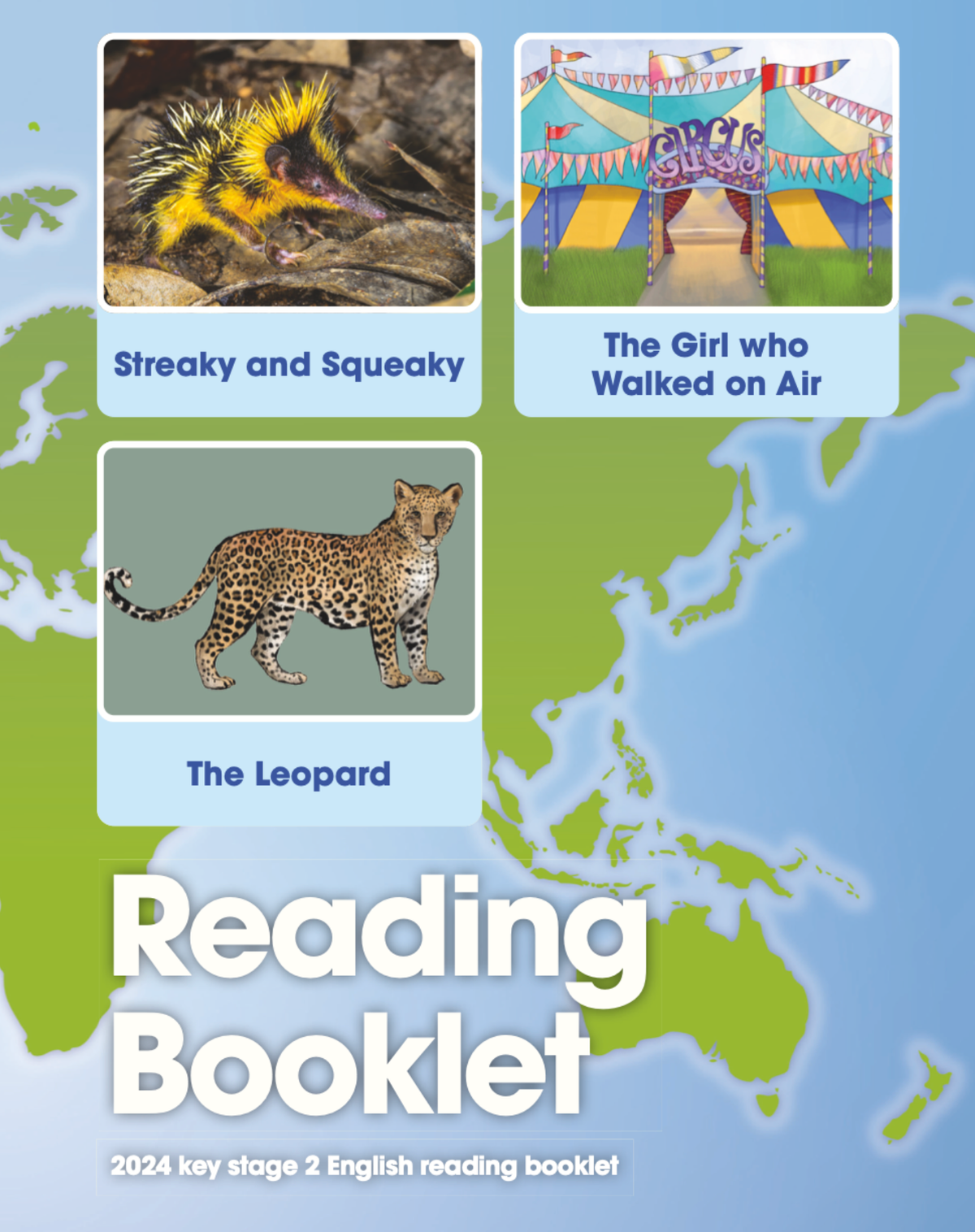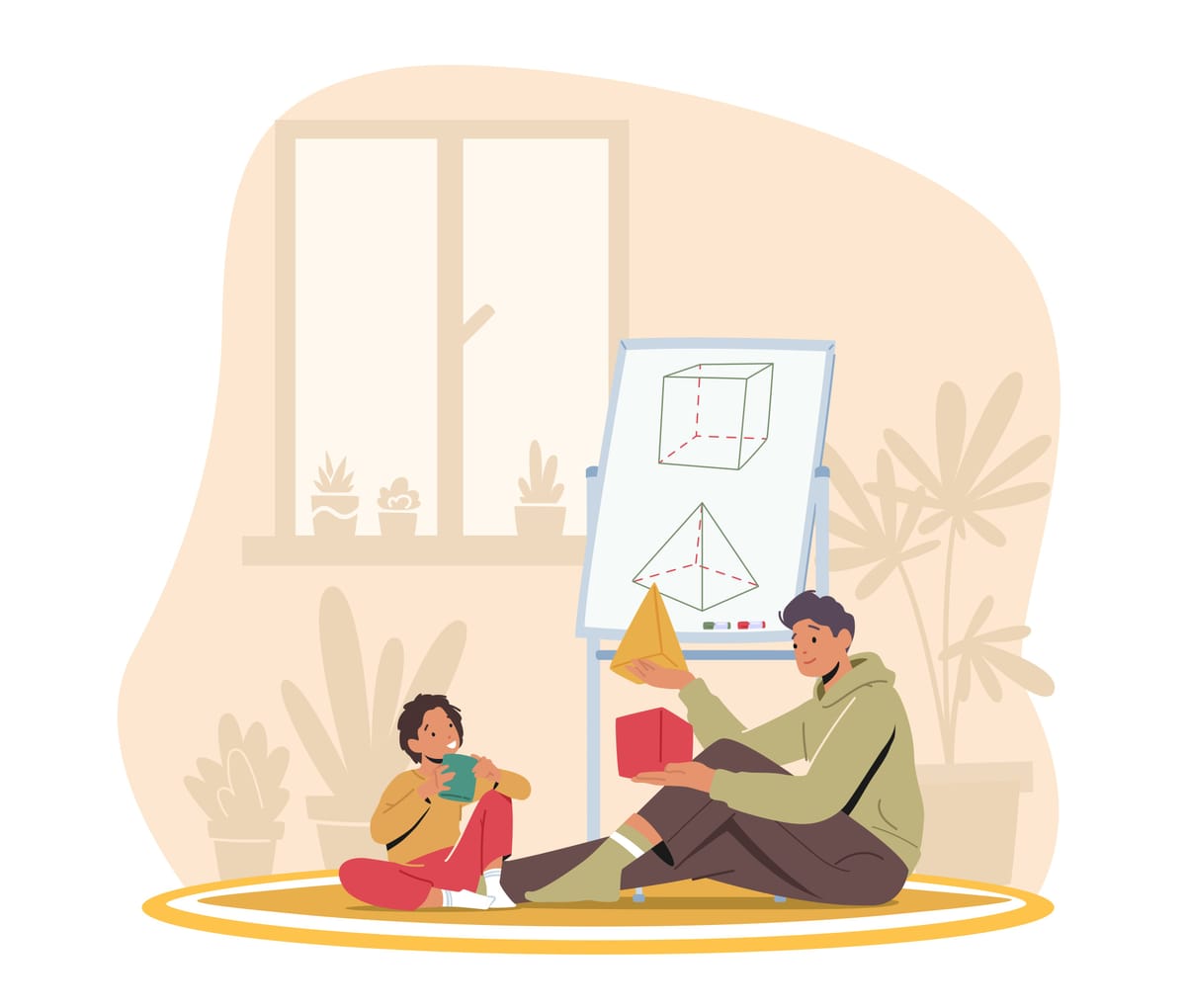
Streaked tenrecs and improving reading
Have you ever seen a ‘streaky tenrec’? Probably not. For pupils sitting the key stage 2 SATs reading assessment, they likely met the tenrec and the wildlife of Madagascar for the first time. The first text for children to read in their SATs reading assessment was an informational text, entitled













